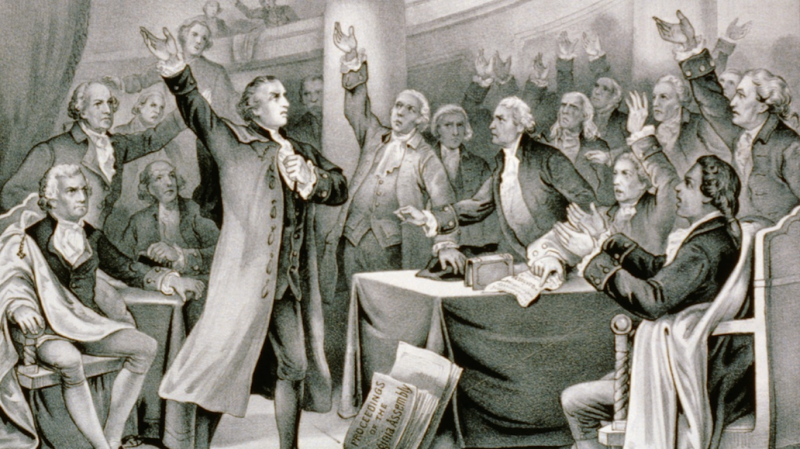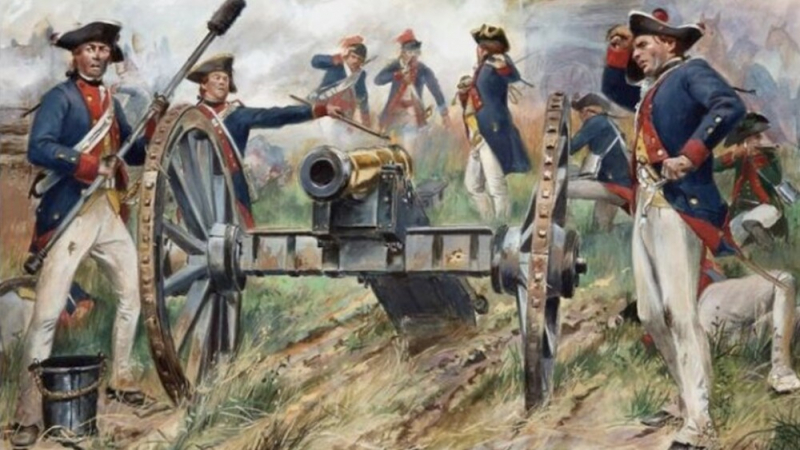Liberalism
Another central idea in the ideas of enlightenment influenced the American revolution is liberalism, that is, the view that human beings have natural rights and that the power of government is not absolute, but based on the will and power of the ruled. Rather than being a radical or revolutionary doctrine, liberalism, rooted in commercial harmony and tolerant Protestantism, was adopted by merchants in Northern Europe. Liberals favor the interests of the middle class over the interests of the upper aristocracy, a tolerant pluralism view that does not discriminate between consumers or citizens based on their race or creed, a legal system devoted to the protection of private property, and a strong individualist character to the passive collectivism associated with stylistic arrangements. Liberals also favor rational debate and the free exchange of opinions over religious doctrine or government mandates. In this way, free thinking is anti-authoritarian. Although later liberalism was associated with grassroots democracy and a clear separation between the public and private sectors, early liberalism favored a parliamentary form of government to protect freedom of speech and movement, the right to petition the government, the separation of church and state, and the confluence of public and private interests in philanthropic and business endeavors.
The idea of liberalism claims that individuals have basic God-given rights, such as property, life, and liberty, and to pursue their conception of the good, starting with English philosopher John Locke, but is also reflected in Thomas Jefferson's manuscript of the Declaration of Independence. During the constitutional convention, James Madison responded to the anti-Federalists' request for a bill of rights as a condition of ratification by considering more than two hundred proposals and distilling them into a single list of committees. The first includes twelve proposed amendments to the Constitution, including the rights to freedom of speech, freedom of religion, the right to bear arms, and habeas corpus, among others. The fight for liberty led some Americans to manumit their slaves, and most of the new northern states soon passed gradual emancipation laws. Manumission also occurred in the Upper South, but in the Lower South, some masters revoked their offers of freedom for service, and other freedmen were forced back into bondage.









